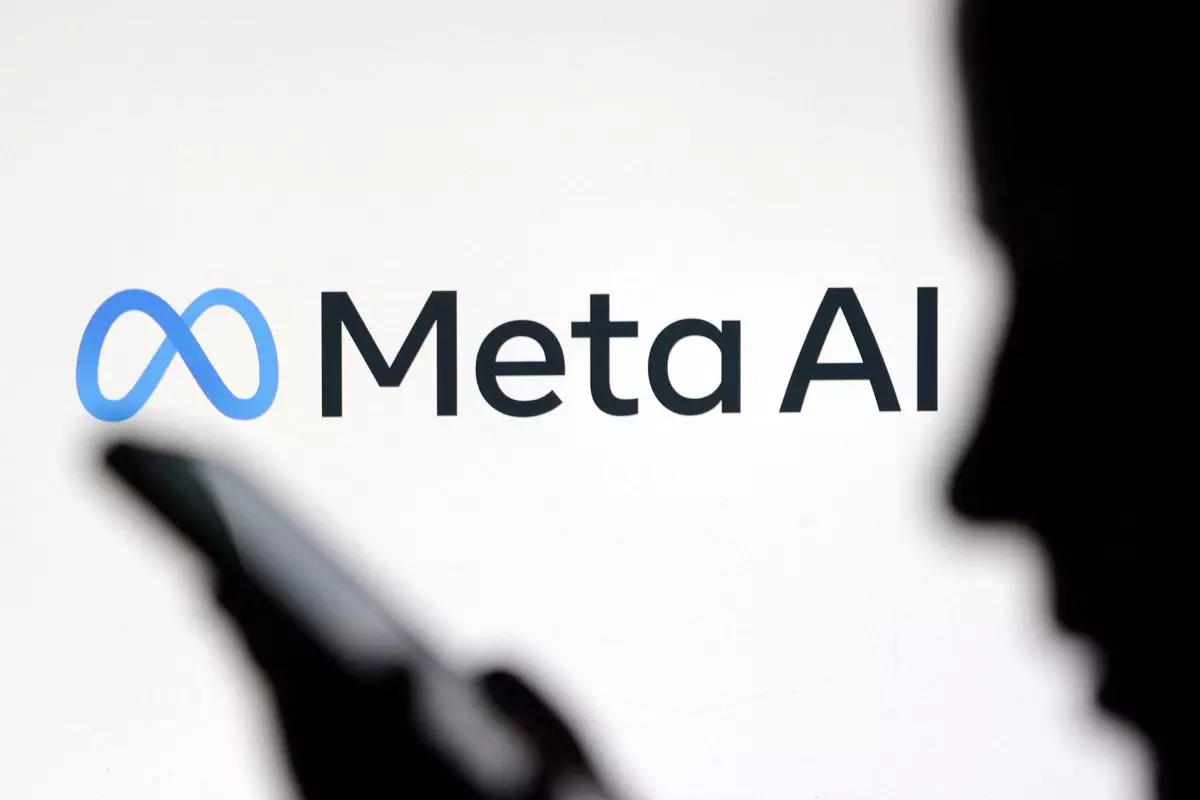On Friday, Meta unveiled a groundbreaking suite of artificial intelligence (AI) models, showcasing their research division’s latest innovations. Among these is the “Self-Taught Evaluator,” an ambitious development promising to reduce the necessity for human involvement in machine learning processes. This concept stems from a foundational paper released in August, detailing the evaluator’s reliance on a process known as the “chain of thought.” This technique enables systems to dissect intricate problems into manageable components, enhancing accuracy across challenging domains such as science, coding, and mathematics. The potential implications of this approach are profound, hinting at a future where AI can autonomously refine its own evaluations and learning processes.
A notable aspect of Meta’s innovative evaluator model is its training methodology. By utilizing exclusively AI-generated data, Meta circumvented conventional human input during the training phase. This significant departure from traditional practices points towards an evolving paradigm in AI development. The idea of an AI system that can assess other AI systems using self-derived data represents a monumental shift. It not only showcases an enhanced level of autonomy but also demonstrates a commitment to fostering models capable of self-learning and self-correction. This advancement offers a tantalizing glimpse into the potential of autonomous AI agents, capable of executing a wide breadth of tasks without the ever-present need for human oversight.
As the landscape of AI research continues to evolve, the drive towards self-improving models presents an opportunity to eliminate the costly and often cumbersome processes associated with Reinforcement Learning from Human Feedback (RLHF). This traditional methodology requires specialized human annotators to label data and verify output accuracy, adding layers of complexity and expense to AI development. The introduction of Meta’s Self-Taught Evaluator aims to streamline this process, potentially paving the way for a more cost-effective and efficient development approach. Researchers envision this self-reliant system producing AI agents that can adapt and enhance themselves independent of human intervention, thus revolutionizing the overall development landscape.
Jason Weston, one of the pivotal researchers behind the project, articulated a vision where AI surpasses human capability in self-assessment. The objective is clear: to foster systems that, as they evolve, become not just self-sufficient, but also superior in evaluating their outputs. The idea of “self-taught” intelligence embodies the fundamental aspiration behind achieving super-human proficiency in AI technology. While companies like Google and Anthropic have explored similar avenues, their reluctance to publicly release their models sets Meta apart as a leader in creating accessible AI tools.
Meta’s latest AI innovations embody a significant leap toward autonomous evaluation and self-learning, redefining the relationship between human and machine in the realm of artificial intelligence. As we venture into this new era, the possibilities for AI applications become virtually limitless, inspiring both excitement and a need for critical discourse regarding the ethical implications of such powerful technologies.


Leave a Reply